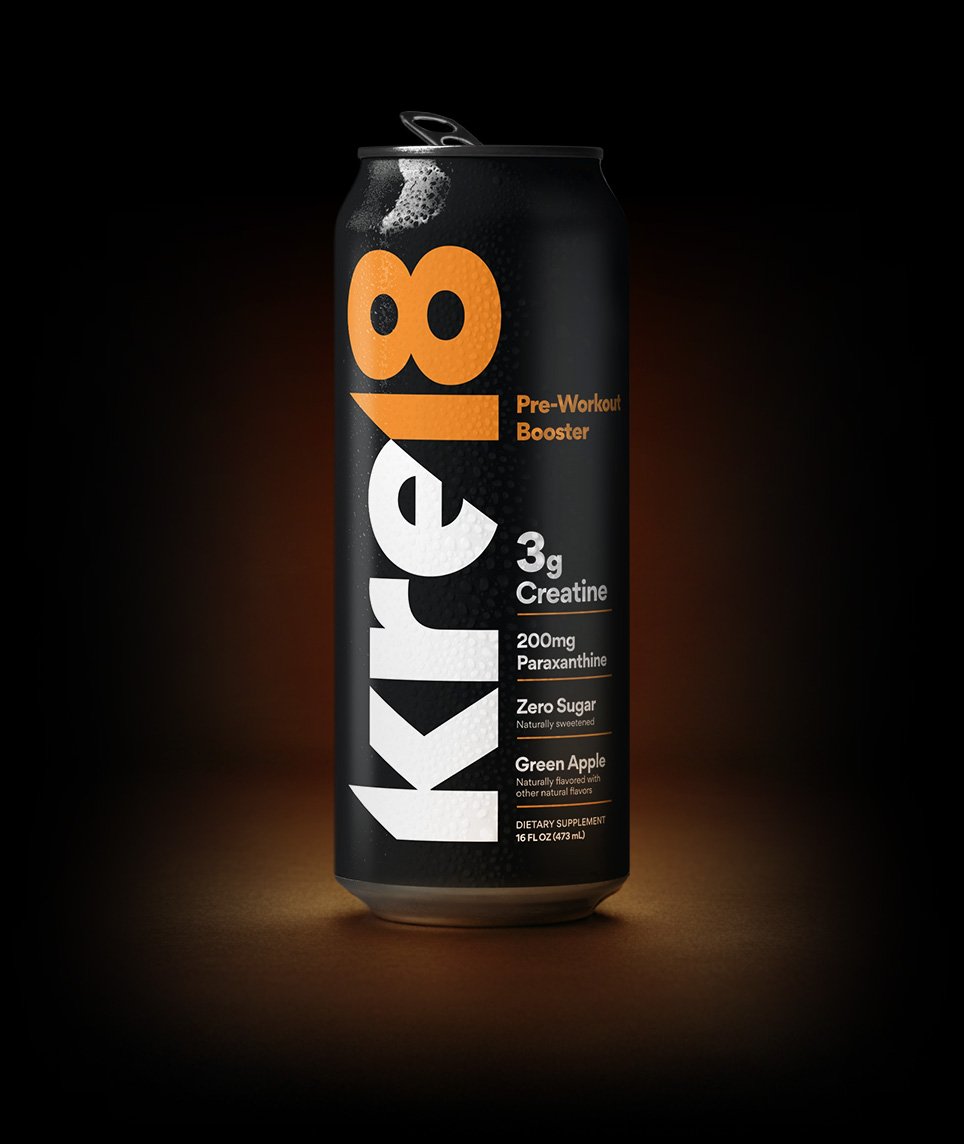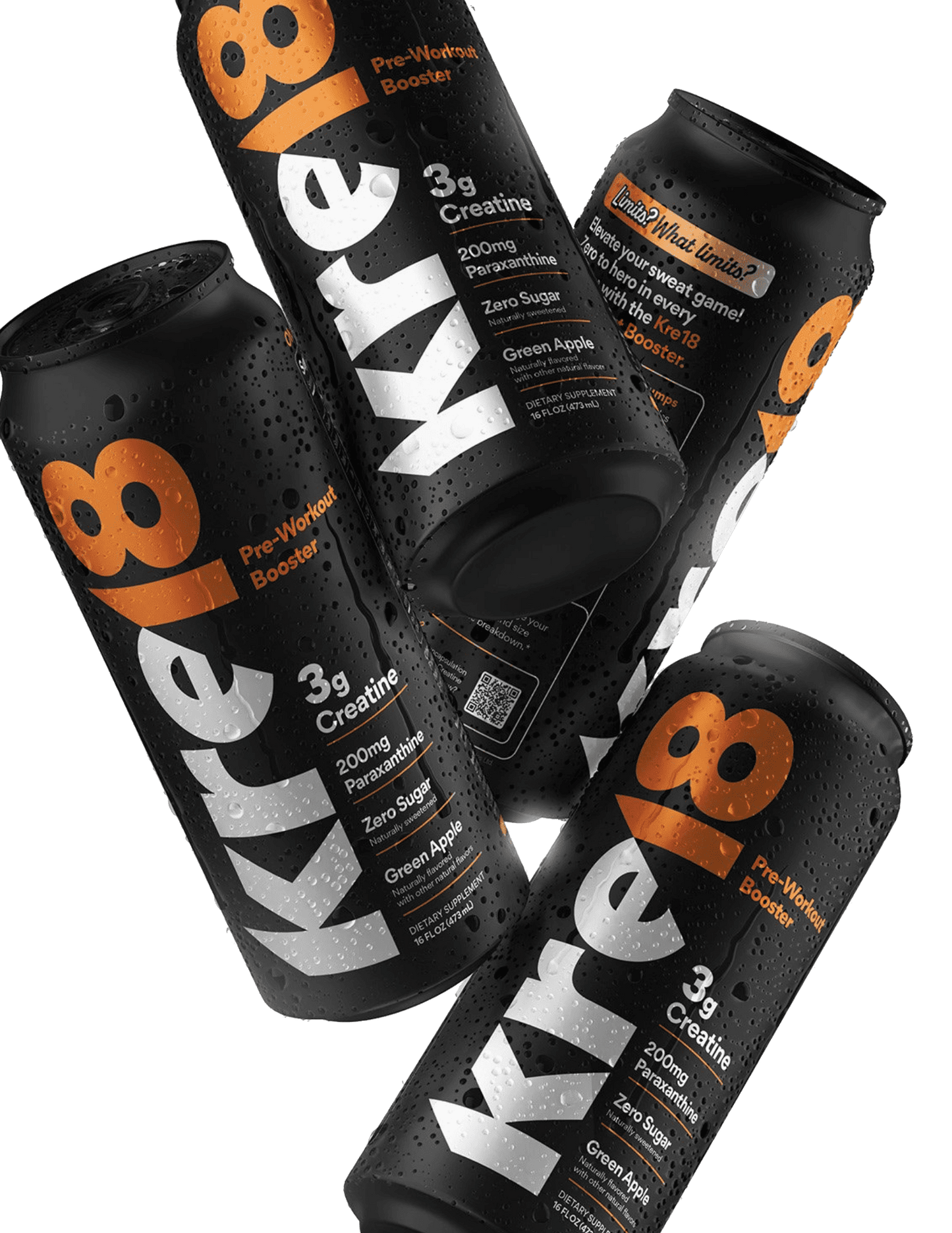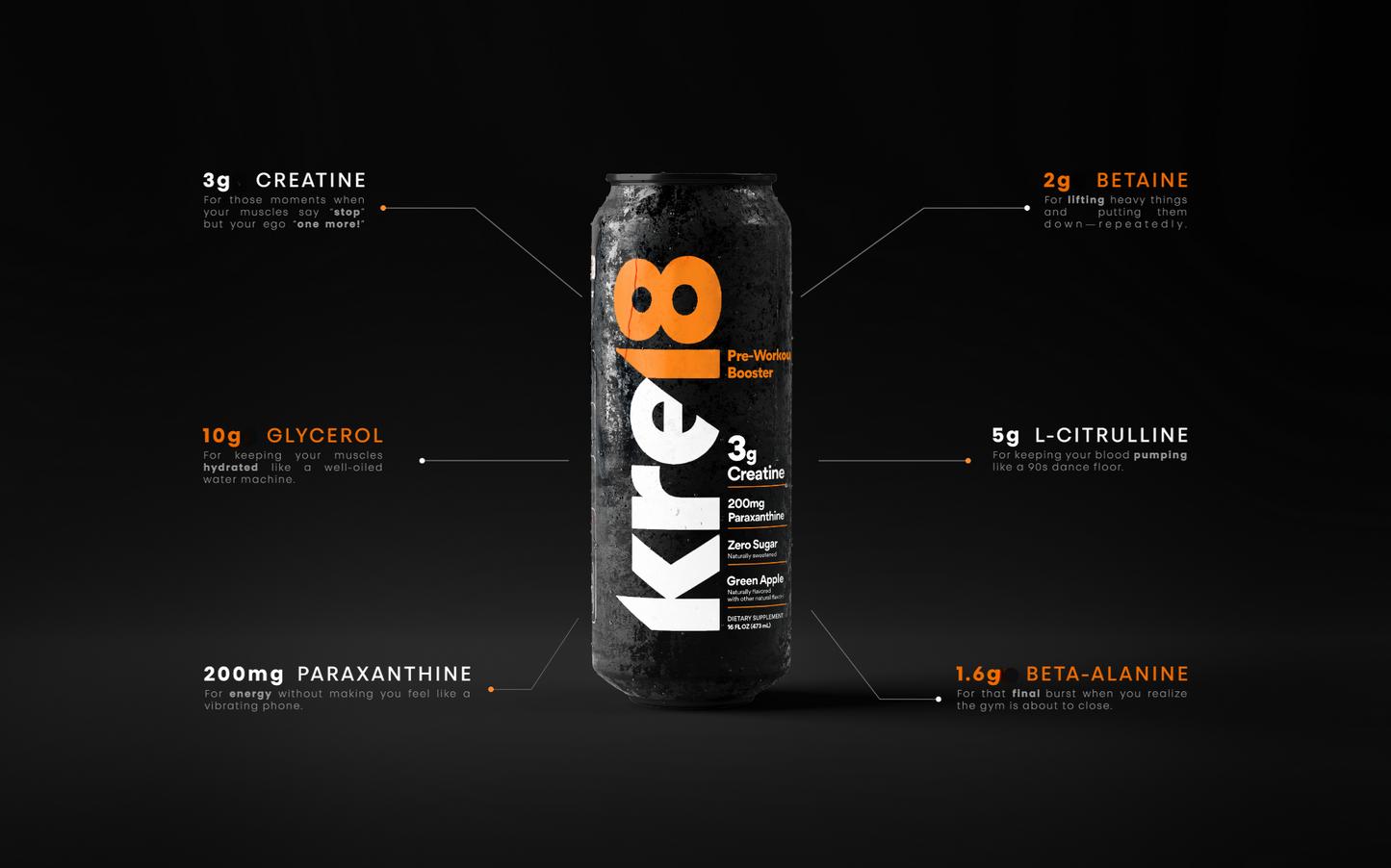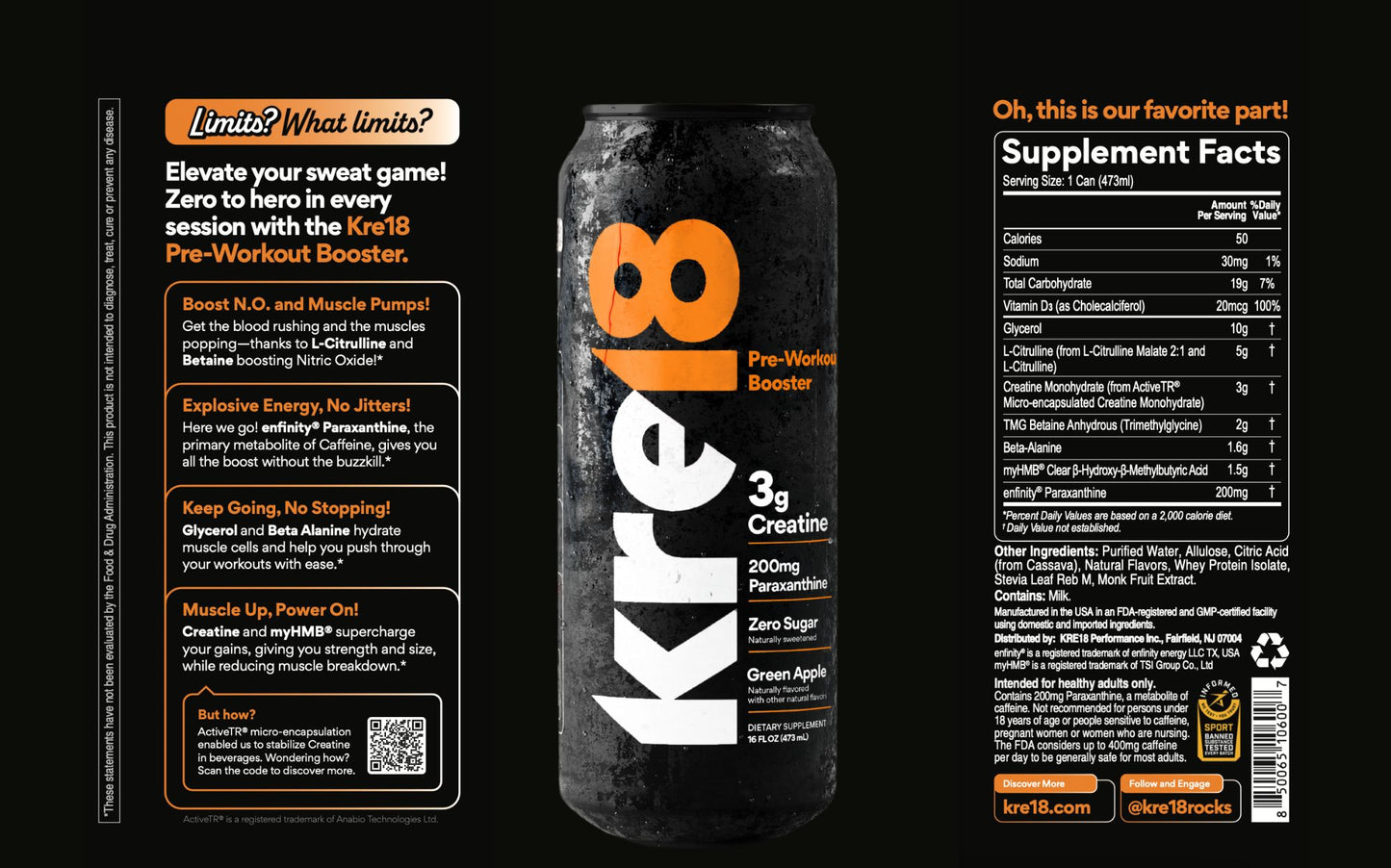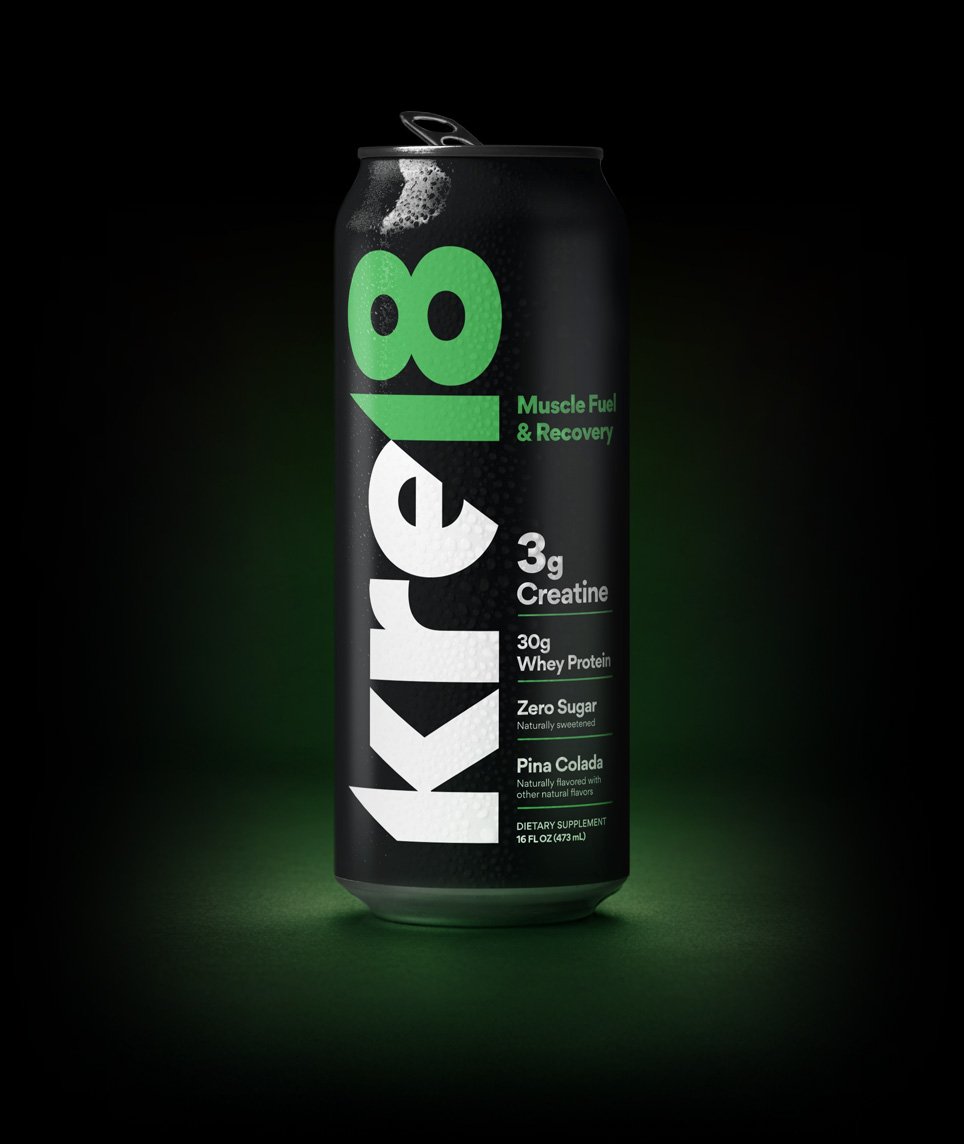Beta‑alanine is most useful in “all‑out” efforts lasting roughly 30 seconds to 10 minutes, the window in which acid build‑up is a main cause of fatigue. Meta‑analyses (Hobson 2012; Saunders 2017) show the clearest gains in bouts of 1–4 minutes, but time‑to‑exhaustion tests longer than that also improve because extra carnosine keeps muscle pH higher for longer. In practical terms this means harder finishing kicks for cyclists and runners, faster repeated sprints in swimming, and more total work in circuit or interval sessions.
Several resistance‑training studies echo the same pattern. Five weeks of 6.4 g day⁻¹ (eight 800‑mg capsules spaced 90 min apart) let strength‑trained men lift heavier loads at higher power in squats, step‑ups, and jumping lunges (Maté‑Muñoz 2018). Shorter trials—four to five weeks—have shown larger training volumes, lower perceived fatigue, and better isometric endurance (Hoffman 2008; Derave 2007; Sale 2012). When creatine and β‑alanine were combined for ten weeks, both maximal strength and weekly training volume rose, with a small but favourable shift in body composition (Hoffman 2006).
Field studies in military personnel hint at broader benefits: long, strenuous tasks sap both physical and cognitive performance, and β‑alanine appears to blunt fatigue, sustain neuromuscular output, and curb oxidative stress—an attractive package for tactical athletes who face repeated, extended bouts of hard work.
Safety remains excellent. The only notable side‑effect is transient tingling (paresthesia), which fades if each serving is kept at about 1.6–2.0 g or if a slow‑release powder is used. Loading needs to be chronic, not acute: 4–6 g per day for at least two weeks lifts muscle carnosine by 20–30 %; four weeks or more brings a 40–60 % rise (Baguet 2009; Stellingwerff 2012). Splitting a six‑gram daily total into four 1.5‑g servings maximises uptake while minimising tingling; single large boluses feel unpleasant and are less effective because more β‑alanine is lost in urine.
Taken together, the research is clear: sustained β‑alanine supplementation reliably enlarges the muscle carnosine “acid buffer,” translating into higher power, greater training volume, and longer high‑intensity efforts across sports as diverse as weight‑lifting, sprint cycling, rowing, swimming, and endurance racing.




